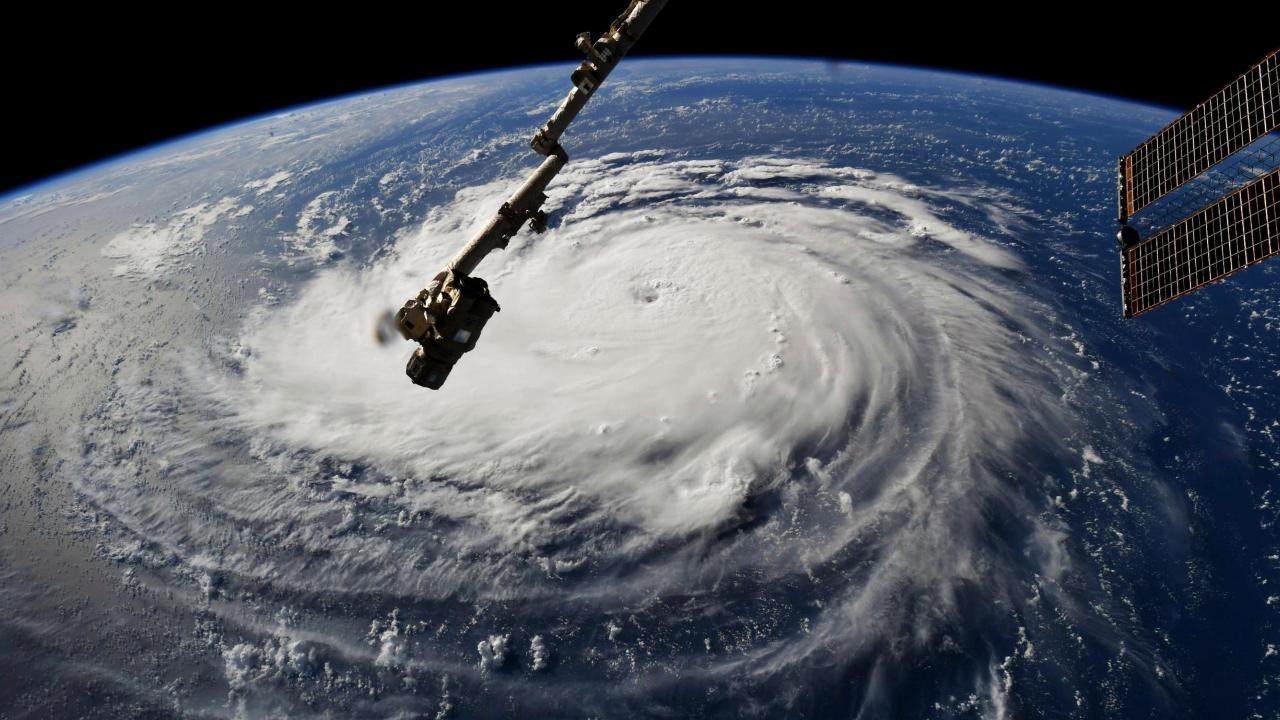Hurricane Florence brings ‘huge concern’ for pig farmers
While the southern East Coast is bracing for the arrival of Hurricane Florence, which is expected to near Category 5 strength before making landfall on late Thursday, many of the country’s biggest hog and pig farmers in North Carolina are scrambling to figure what to do with their livestock.
Brad Rippey, USDA meteorologist, tells FOX Business that the storm is tracking straight towards North Carolina’s main hog production area and it could do the kind of damage to the mid-Atlantic region that Hurricane Harvey did to eastern Texas last year, causing huge concern not only for farmers but the entire hog industry.
“North Carolina is by far the biggest in the eastern United States. There is about one eighth of the all hog and pig production here,” Rippey says.
He adds that given that fact that this storm is going to be stalling over North Carolina or somewhere in the southern mid-Atlantic really raises the potential for rainfall totals that could reach 10 to 20 inches or more.
“And, given the history of what we saw 19 years ago with Hurricane Floyd, there is a huge concern that we'll not only see mortality in the pig population but some of these waste piles could be compromised and the swine waste could get into the waterways. So, there is a lot of concern,” Rippey adds.
In 1999, Hurricane Floyd dumped over 20 inches of rain across eastern North Carolina and caused mortality of tens of thousands of hogs and pigs and caused waste ponds to overrun, which led to massive water pollution that got into the waterways throughout the state.
Steve Troxler, North Carolina agriculture commissioner, said earlier this week that the potential impact of Hurricane Florence could threaten a severe economic loss of livestock, poultry and crops for the state and that he has directed the Department of Public Safety to temporarily suspend weighing vehicles used to transport livestock, poultry, feed and crops in the emergency area.
“The order also waives the maximum hours of service allowed for people transporting essential fuels, food, water, medicine, feed for livestock and poultry and those transporting livestock, poultry and crops ready for harvest,” Troxler says.
Governors in South Carolina and Virginia have also suspended transportation rules for farmers in some cases as well.
As for the impact on pork belly futures, Shayle Shagam, livestock, poultry and dairy analyst for the USA tells FOX Business that it’s simply too early to discuss the potential impacts of the storm on the pork sector.




















